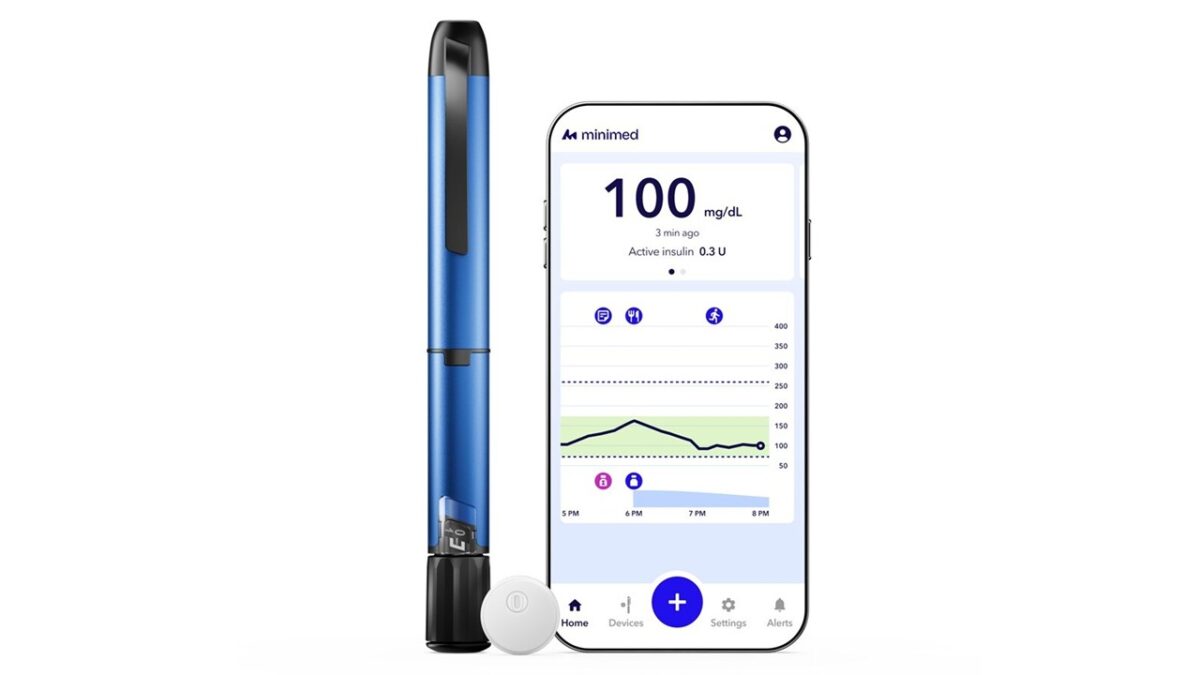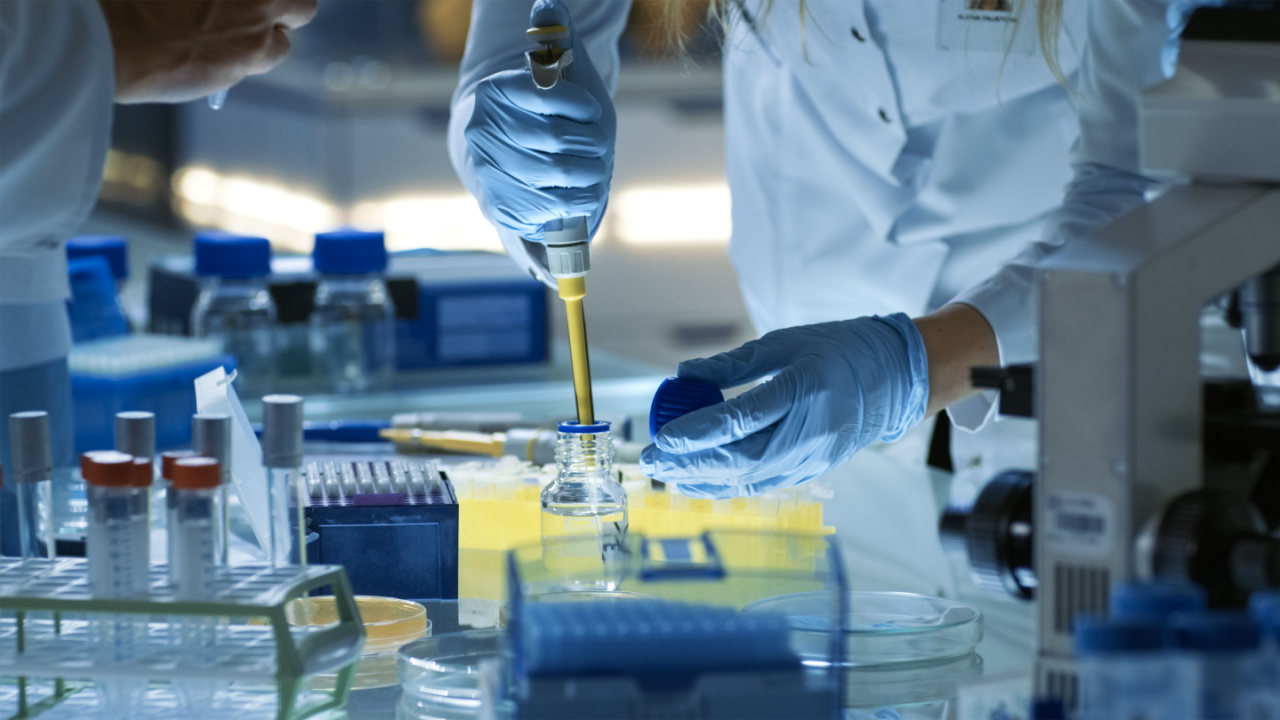According to a large study conducted by researchers at the University of Buffalo (UB), women with a genetic risk of fractures could receive the most bone-building benefit from hormone therapy. Almost 10,000 postmenopausal participants from the Women’s Health Initiative (WHI) took part in the study.
“We found that women who are genetically at the highest fracture risk can enjoy the greatest protection from fracture when they use hormone therapy,” said Dr. Heather Ochs-Balcom, associate professor of epidemiology and environmental health in UB’s School of Public Health and Health Professions. The researchers published their findings in The Journal of Clinical Endocrinology & Metabolism.
“This study provides a better understanding of who can benefit the most in terms of bone health from hormone therapy use,” said Ochs-Balcom. “It’s important information as women and their doctors make decisions about hormone therapy use.”
The study was the first of its kind to look at the link between genetic susceptibility to fracture and hormone therapy in postmenopausal white females between the ages of 50 and 79. Using a meta-analysis of previous genome-wide association studies, the researchers identified a large set of genes linked to an increased risk of bone fracture.
While 27,000 women participated in hormone therapy clinical trials as part of the WHI, the researchers on the current study followed a subset of 9,922 of these participants. With this research, Ochs-Balcom and her colleagues aimed to determine whether women with genetic risk factors associated with bone fractures might benefit from hormone therapy.
“This is important because, as previous WHI studies have identified, there are risks and benefits with hormone therapy,” said Ochs-Balcom. “This is where precision or personalized medicine comes in — the attempt to get the right drugs to the right person to ensure the most benefit and least harm.”
Bone mineral density decreases as women get older, leaving them more susceptible to experiencing a broken bone after a fall or other injury. However, some women face an even greater risk of suffering a fracture or a break due to a genetic mutation that makes their bones more vulnerable to damage.
In their analysis, the researchers found that postmenopausal women with a genetic risk of fracture combined with a low BMD could receive the greatest benefit from hormone therapy. “Our study represents a first look at how inherited predisposition to fracture is related to hormone therapy use.”
Based on their findings, the researchers plan to conduct further studied to between understand this interaction and determine whether more personalized approaches could help reduce fracture risk in women with specific genetic profiles in the future. In addition to their work on hormone therapy, the research team is also studying the association between calcium and vitamin D supplementation, and genetic risk of bone fracture.











Join or login to leave a comment
JOIN LOGIN